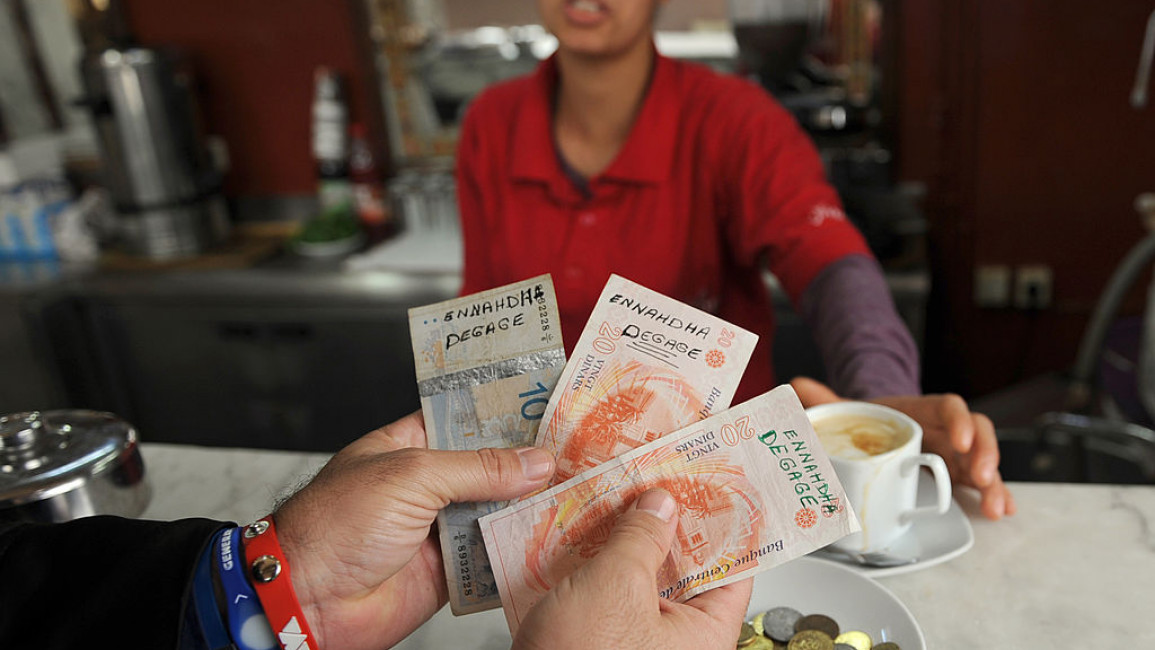Tunisia in financial aid talks with UAE and Saudi Arabia
Tunisia is in talks with the United Arab Emirates and Saudi Arabia to secure the financial aid it needs, as the country struggles through a political and economic crisis, according to Bloomberg.
Talks have been ongoing between the parties, which also includes the IMF, and it is thought that a deal could be reached as soon as Saturday.
It is believed that Tunisia needs at least $4 billion to meet foreign commitments until the end of 2022, but according to a central bank official, a loan of such size will not prove problematic for the country, who saw the economy contract 8.6 percent last year.
"There will be no problem in repaying debts," central bank official Abdelkarim Lassoued told Bloomberg.
Tunisia has been struggling through an intense political crisis since the end of July, when Tunisian President Kais Saied suspended parliament, sacked the prime minister and withdrew immunity for lawmakers.
Many decried his actions as a coup, while others welcomed the move as much needed, to tackle corruption among the country’s political elites.
However, Tunisia's economic problems were present long before Saied power grab, extended as far back as before the country’s 2011 uprising.
In addition to vast sums of financial support, Tunisia is also is need of rapid reforms in the country.
"The government must act quickly…It's time for real reforms," said Lassoued.
Efforts for reform, in particular attempts to shrink the public-sector wage bill, have been met with resistances by Tunisia's powerful UGTT labour union.
Foreign donors want Tunisia to set out a series of credible economic reforms that would potentially reduce subsidies and the public sector wage bill and overhaul loss-making state enterprises, thereby curbing the deficit and debt.
To support the government at the start of the pandemic, the IMF in April 2020 approved $750 million of emergency funding and before then had other funding lines to help support Tunisia following the Arab Spring.



